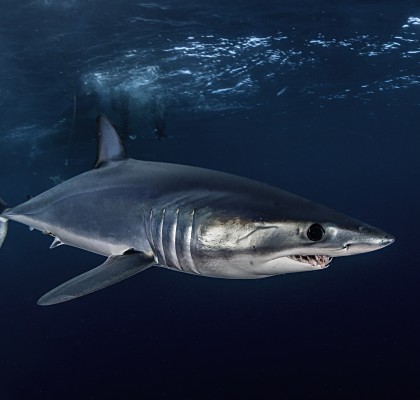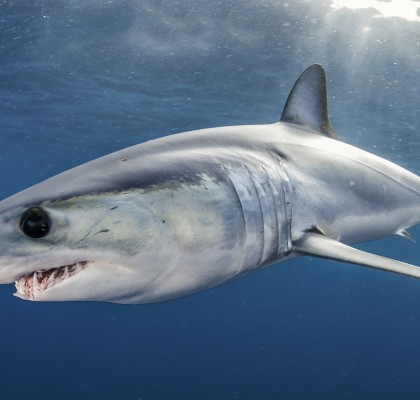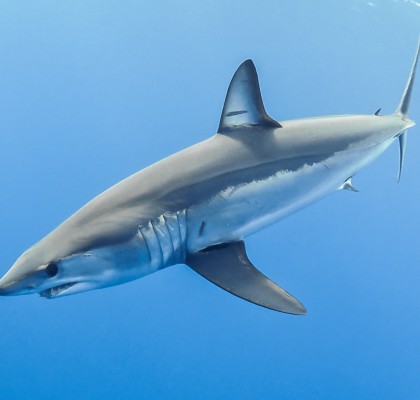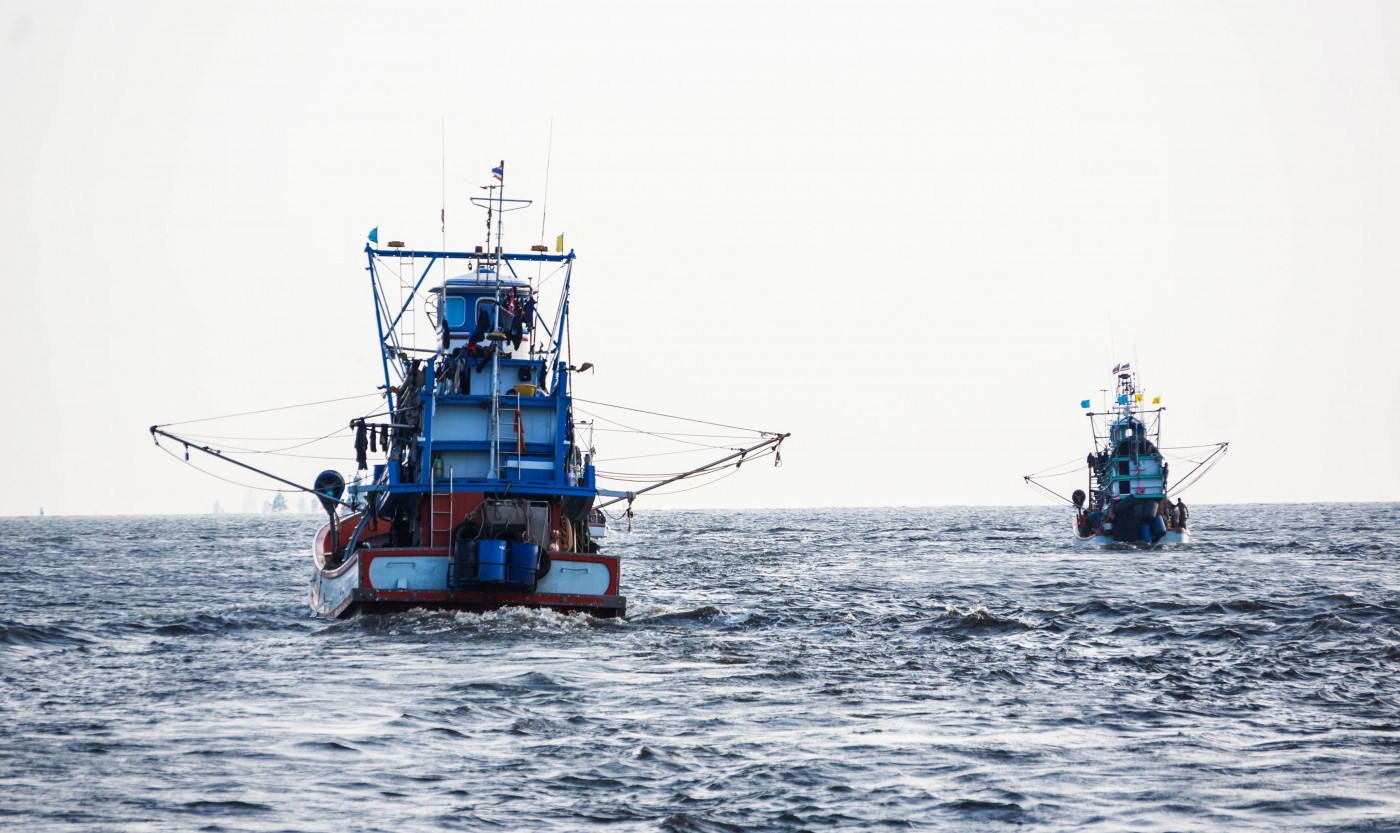
Overfishing and Bycatch
The Issue
Regional Fisheries Management Organizations (RFMOs) have the ability to set international fishing limits for shark and ray populations fished by numerous countries. But their actions for sharks and rays have been seriously inadequate, resulting in under-protected populations. We want to change that.
RFMOs are international organizations formed by countries with fishing interests in a particular ocean area. Their actions offer the most direct solutions for preventing waste and overexploitation across the ranges of highly migratory species.
Increased, sustained, and coordinated RFMO engagement by conservationists is vital to securing sound and consistent safeguards at regional, national and global levels.
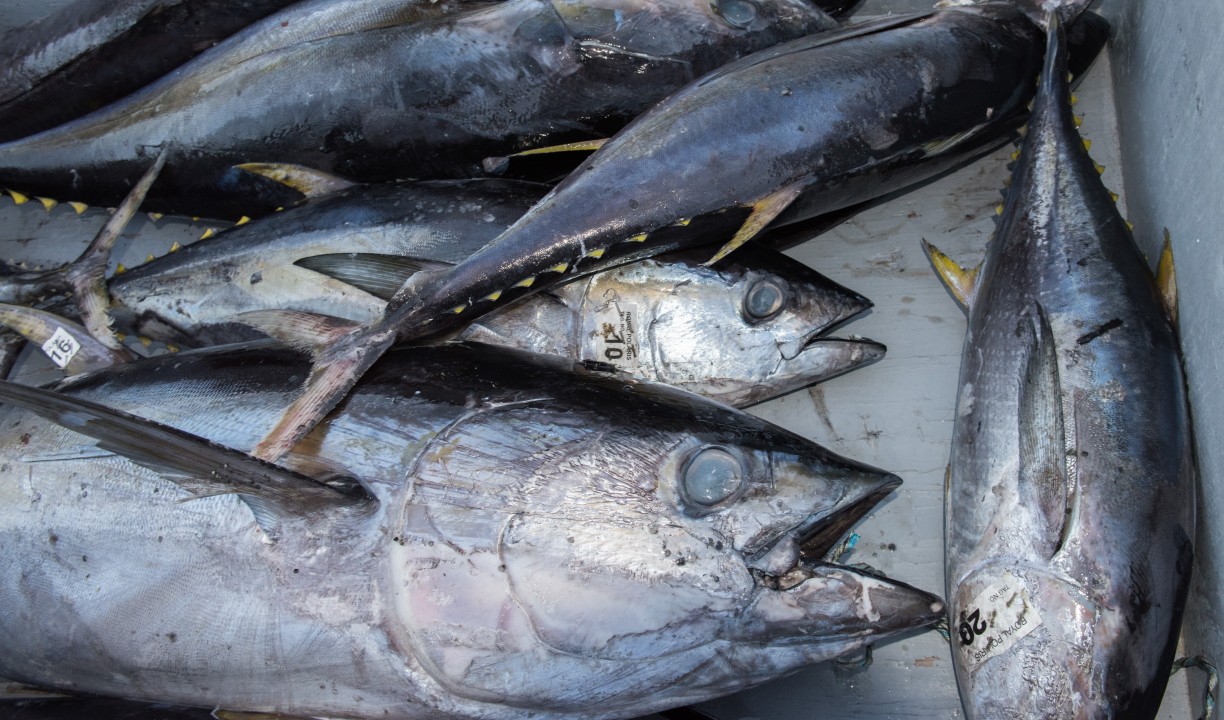
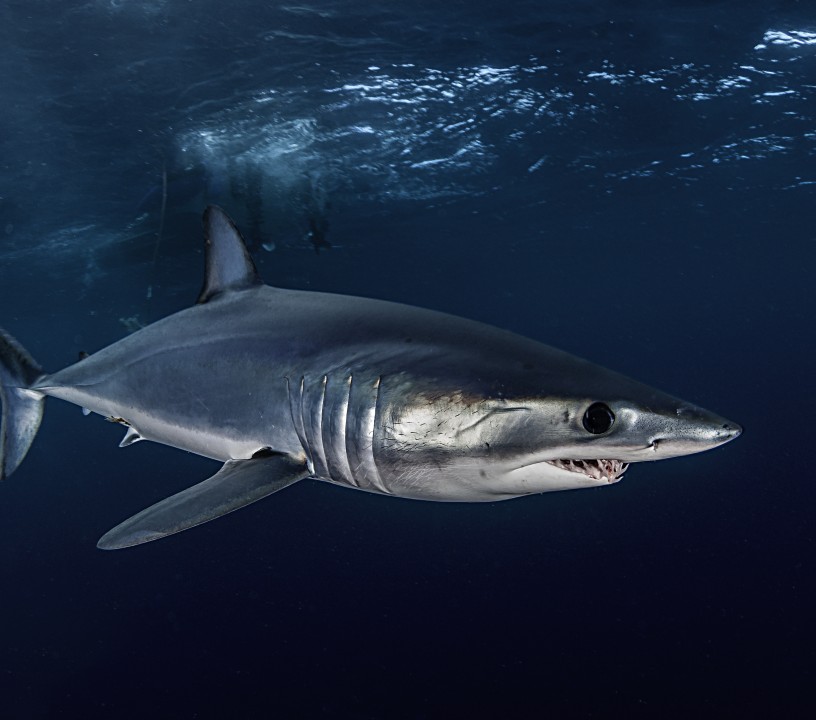
What We're Doing
Project AWARE and its conservation partners have formed the Shark League for the Atlantic and Mediterranean. Together we want to advance ground-breaking safeguards for sharks and rays at specific RFMOs.
We're working with Shark Advocates International, Shark Trust, and Ecology Action Centre to target three RFMOs - the International Commission for the Conservation of Atlantic Tunas (ICCAT), the General Fisheries Commission for the Mediterranean (GFCM), and the Northwest Atlantic Fisheries Organization (NAFO).
We want to secure:
- Science-based shark and ray catch limits;
- Strict protections for endangered species; and
- Strong, enforceable bans on shark finning.
ICCAT - A WAKE-UP CALL
We are deeply disappointed that the ICCAT shark fishing decisions keep falling short of the clearest scientific advice to date for shortfin mako sharks. This exceptionally vulnerable species is now left at risk for population collapse.
Despite the clear scientific advice and growing public support for strict conservation measures, the only new shark agreement resulting from the Regular Meeting of the Commission, in November 2017, was a phased-in approach to narrow the conditions under which shortfin makos can be landed - a first step toward preventing further population decline but the measure includes numerous exceptions and applies only to the North Atlantic population.
In 2019, a new report showed that the overfished North Atlantic Shortfin Mako Shark population is continuing to decline and needs not only immediate protection but several decades to recover. Based on new projections for mako populations, scientists associated with ICCAT amplified previous warnings and recommended a North Atlantic ban on retention. Because of depletion to date and an exceptionally low reproductive rate, this population is predicted to continue to decline for another fifteen years before rebuilding can begin.
Conservationists were shocked and distressed that the European Union and the United States - despite long promoting science-based shark conservation - were the main obstacles to the adoption of urgently needed protections for mako sharks at the 26th ICCAT Regular Meeting of the Commission held in Spain in November 2019.
Scientists have pushed the earliest possibility of North Atlantic population recovery to 2045, five years later than predicted in 2017. This scenario has a 53% chance if all mortality is ended. Scientists also flagged a significant risk that South Atlantic Shortfin Makos will follow a similar path.
How You Can Help
Our collective voice is urgently needed to halt mako overfishing and encourage top fishing nations to begin rebuilding the under stress mako North Atlantic population.
{"preview_thumbnail":"/sites/www.diveagainstdebris.org/files/styles/video_embed_wysiwyg_preview/public/video_thumbnails/vupmycRuAyQ.jpg","video_url":"https://youtu.be/vupmycRuAyQ","settings":{"responsive":1,"width":"854","height":"480","autoplay":0},"settings_summary":["Embedded Video (Responsive)."]}
Based on the lastest Atlantic Mako Shark population assessment, ICCAT scientists report the following:
- Overfishing is occurring on an overfished population;
- Declines will continue under current catch levels;
- Catch must be cut to zero to rebuild stocks within the next two decades;
- and - A complete ban on retention is the most effective, immediate conservation measure.
Governments can no longer use uncertainty in previous population assessments to excuse inaction. The assessment is clear: Atlantic Shortfin Makos face a dire situation and a full ban is urgently needed.
The time to protect the Atlantic Shortfin Mako population is NOW!
Project AWARE is once again mobilizing its global community to influence governments before it’s too late. Here's how you can help:


